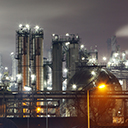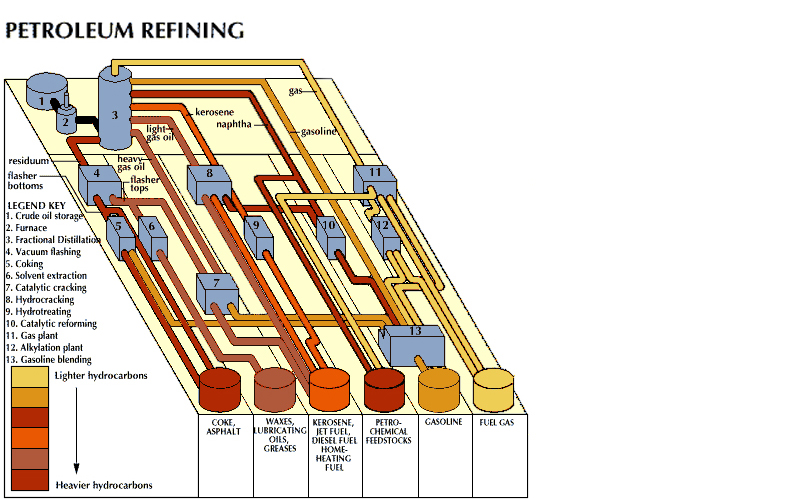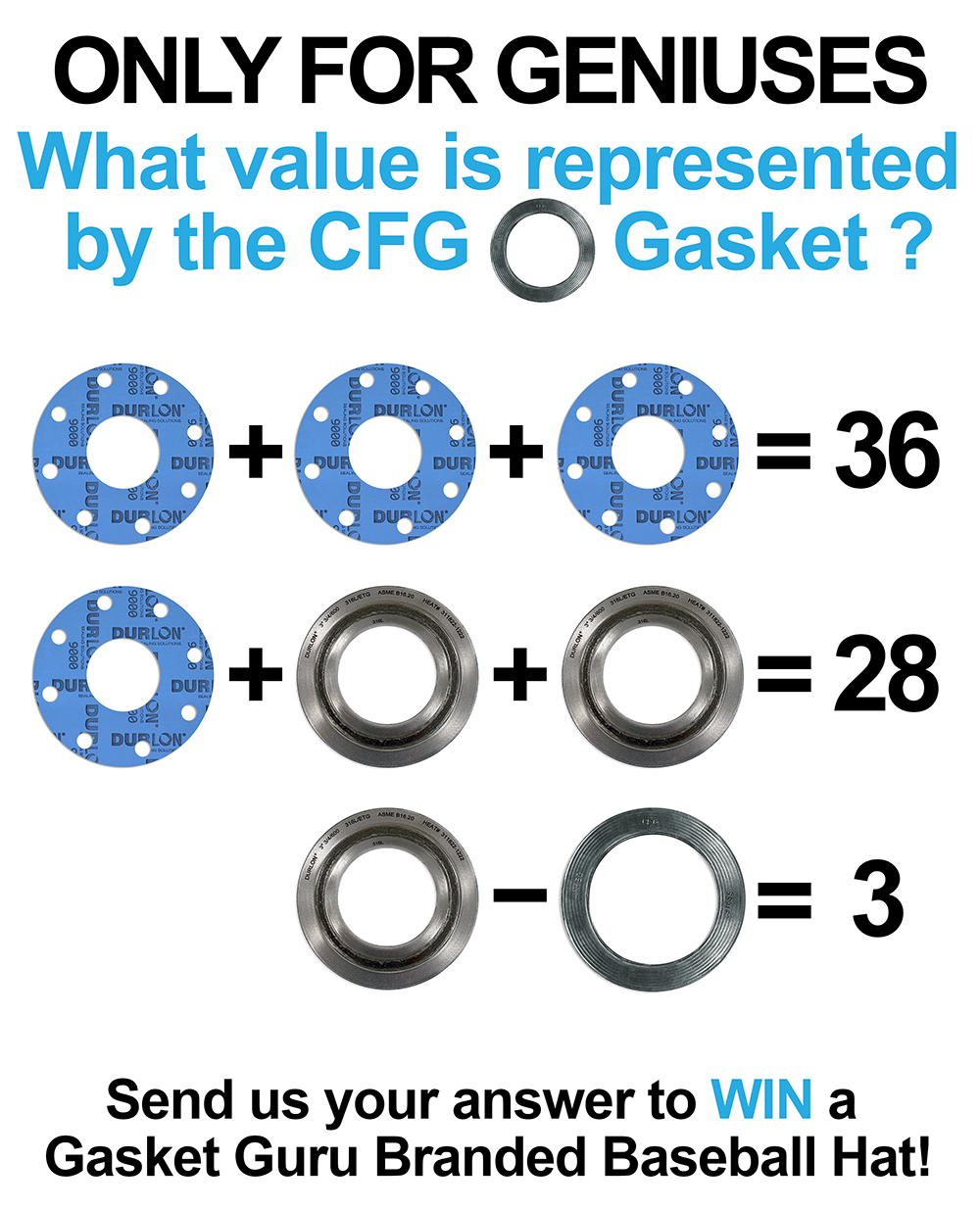Winding down?…Or Revving up?
Although summer’s end is fast approaching, we’re not letting that slow us down… we’ve been working on some exciting new marketing initiatives that we’ll be sharing with you soon!
We have filmed 4 NEW SEALution videos and featured the first one here, in this newsletter, for your viewing pleasure. Our new Durlon Gasket Manual has launched and we will be going to print in September, so stay tuned to get your copy! And we are working on a new, interactive history timeline and custom capability page for our website.
And lastly, Gus has a new assistant…so, have a good read and maybe a chuckle or two while you enjoy the 3rd issue for 2020!
Sylvia Flegg, Marketing Manager

Petrochemicals and Refining
When refining petroleum, the chemical products resulting are called Petrochemicals (also known as petroleum distillates).
By definition, petrochemicals are simply chemicals that happen to be derived from a starting material obtained from petroleum. They are, in almost every case, virtually identical to the same chemical produced from other sources, such as coal, coke, or fermentation processes.
The petrochemicals industry has evolved out of oil and gas processing and now produces a remarkable range of useful products, including plastics, synthetic rubber, solvents, fertilizers, pharmaceuticals, additives, and adhesives. These materials have important applications in almost all areas of modern society. Petrochemical products are used in cars, packaging, household goods, medical equipment, paints, clothing and building material to name just a few of the common applications. Furthermore, the industry continues to innovate through new technology and the ability to process different types of raw materials.
So avoiding unscheduled downtime is more important than ever. Beyond simple delays, a single failure incident can cause injury, loss of life, extensive property damage, and loss of production. This production process is constantly confronted with new technical and environmental challenges. Requirements concerning the quality, reliability, safety, and performance of water treatment processes are becoming increasingly urgent. The industry must be able to guarantee the health and safety of its employees and the people living in the vicinity of its sites. It must also limit its environmental footprint, reduce operational costs, and ensure the continuity of production if its activities are to be both sustainable and efficient.

Refinery Plant And Facilities
Each petroleum refinery is uniquely configured to process a specific raw material into a desired slate of products. In order to determine which configuration is most economical, engineers and planners survey the local market for petroleum products and assess the available raw materials. Since about half the product of fractional distillation is residual fuel oil, the local market for it is of utmost interest. In parts of Africa, South America, and Southeast Asia, heavy fuel oil is easily marketed, so that refineries of simple configuration may be sufficient to meet demand. However, in the United States, Canada, and Europe, large quantities of gasoline are in demand, and the market for fuel oil is constrained by environmental regulations and the availability of natural gas. In these places, more complex refineries are necessary.

CFG® is a corrugated, flexible graphite gasket material designed for severe service conditions. The proprietary design of the corrugations gives CFG® superior sealing and recovery characteristics for tough conditions in the refining, chemical, petrochemical and pulp and paper industries. Durlon® CFG® is suitable for service in steam, oil, water, mild alkalis, mild acids, hydrocarbons and solvents.
Durlon® CFG® consists of flexible graphite laminated with an adhesive bond on both sides of a corrugated 316 stainless steel core. For consolidation of inventories and applications standardization, Durlon® CFG® is available for all applications in 3/32” (2.4mm) thickness. (1/16” and 1/8” thickness is also available.)
Industry Applications:
Water & Wastewater, Oil & Gas, Mining, Food & Beverage, OEM Services, Petrochemical, Power Generation, General Industrial, Marine, Chemical Processing and Pulp & Paper
Advantages:
• Recovery/Spring-Back characteristics for excellent sealing and thermal cycling
• Blow Out Resistant – Metal core counteracts internal pressure spikes
• Superior Emissions Control – Nitrogen Sealability (ASTM F2378) <0.01 cc/min
• Easy to handle, easy to install
• Seals tightly with lower bolt loads vs. spiral wounds
Certifications:
• API 607 Fire Test
• RoHS Reach Declaration compliant
The Fluid Sealing Association
Founded in 1933, the FSA is an international trade association. Member companies are involved in the production and marketing of a wide range of fluid sealing devices primarily targeted to the industrial market. FSA members account for a majority of the manufacturing capacity for fluid sealing devices in the Americas market.
Learn about membership.
Welcome to the Fluid Sealing Association KnowledgeBase!
The FSA KnowledgeBase is a source of highly reliable technical information regarding seals and sealing systems – and is FREE to all who wish to set up a complimentary account. Learn more here.
Industry Tradeshows
Fugitive Emissions Summit Americas
Dec 9-10, 2020, Center For Petrochemical, Energy, and Technology (CPET), Pasadena, TX
Canada Gas & LNG Exhibition & Conference
May 11-13, 2021, Vancouver Convention Centre, Vancouver, BC
Next issue highlights: Industry and product focus. We’ll share a new video, news and upcoming events you may want to look into. And of course, we will put those genius brains to the work again and tickle your funny bone with another adventure from our gasket guru. See you in November 2020!






